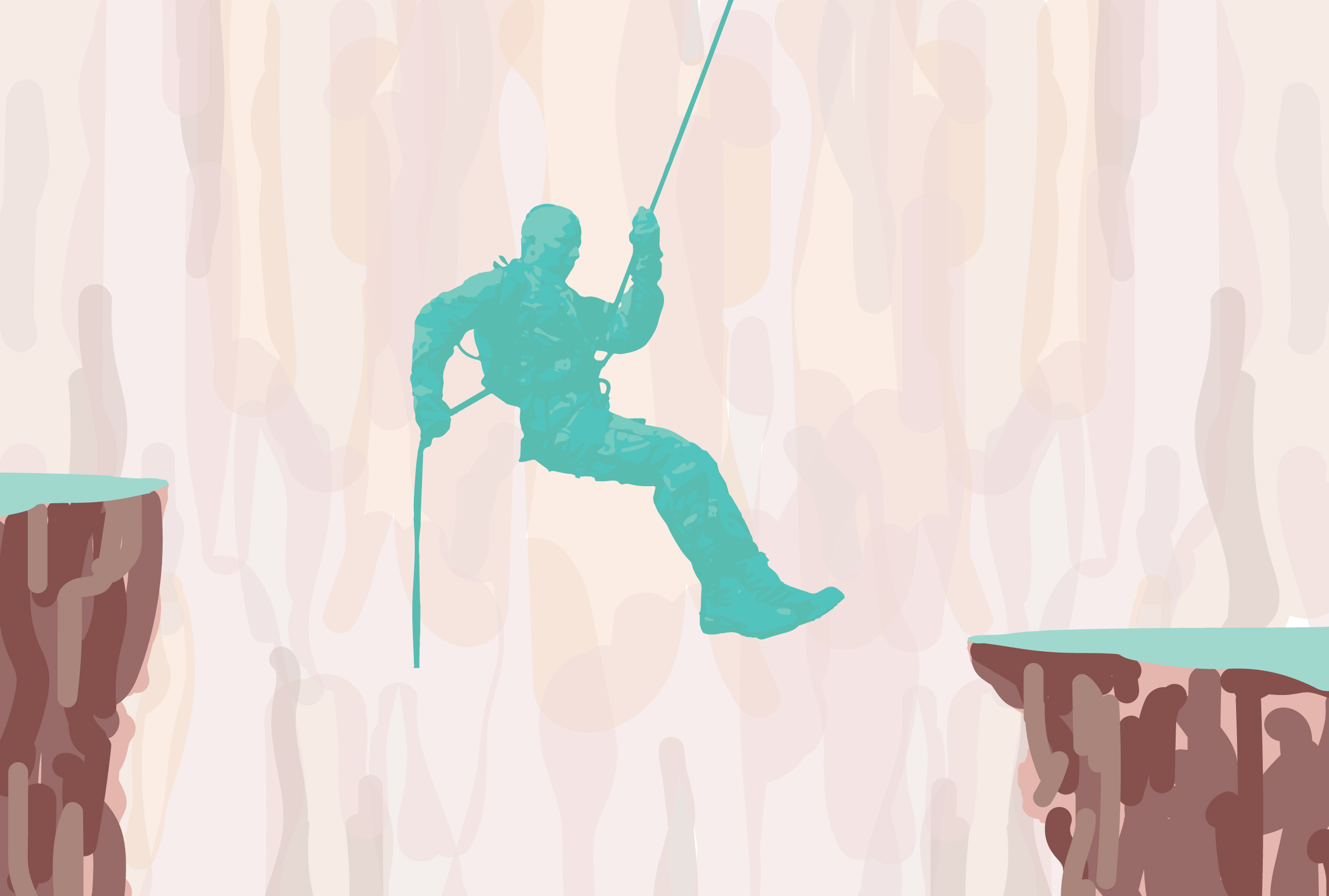4 models for handing off innovation projects

If innovation projects are going to succeed, they’ll need to survive a handoff from an innovation team to an execution team. And every time you create a handoff, you risk dropping the baton.
How do you prevent a handoff from becoming a drop-off? I recently wrote an article for Harvard Business Review that explores this very question. The following is an excerpt of that article.
How should you create a smoother handoff between teams? In short, you can avoid a drop-off by tailoring each handoff to the teams involved. In many companies, innovation teams tend to fall into three buckets: Explorers, Scalers, and Optimizers (with credit to Bud Caddell and Simon Wardley).
There are four basic models for the handoff, and dozens of hybrids. The right one for each part of your innovation portfolio will depend on how integrated your projects need to be with your core business.
1. The Owner’s Manual

After months—sometimes years—of work, an innovation team extensively documents their work in hundreds of pages of slides, spreadsheets, and other files, and then hands all of that over to a new team to execute. When was the last time you read an Owner’s Manual? Exactly. The new team then risks moving on without absorbing the learning of their predecessors.
2. The Architect

The best way to avoid a drop-off is to eliminate the handoff. In this model, the future owner of the work embeds in the Explorer and Scaler teams. That person then acts as a connector, knowing all of the avenues already explored and all of the learning gained.
3. The Ambassadors

Similar to the previous model, in this model, members of the Explorer, Scaler, and Optimizer teams remain embedded in each phase of the project to ensure that no learning is lost and that each phase of work is designed to feed smoothly into the next. In addition, this model improves the future work of innovation teams by helping them build an awareness of what downstream teams need most.
4. The Hive

The difference here is that team members don't roll off the project—it remains a blended team from idea to implementation. This model improves the future work of innovation teams by helping them build an awareness of what downstream teams need most.
Want to dive deeper on innovation handoffs? Read my article in Harvard Business Review.
Words and art

Subscribe

.svg)







